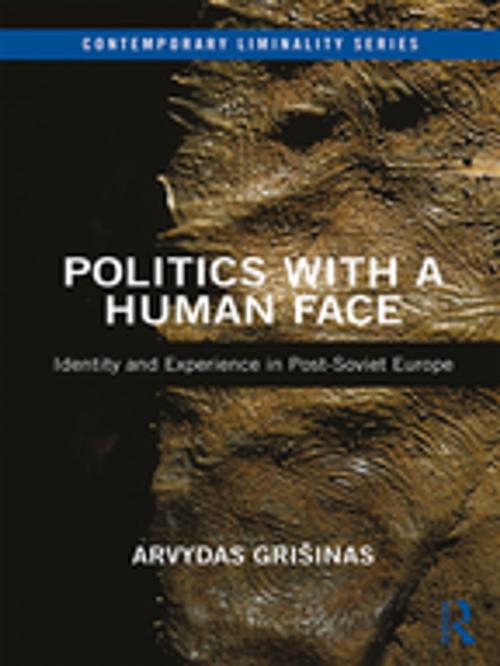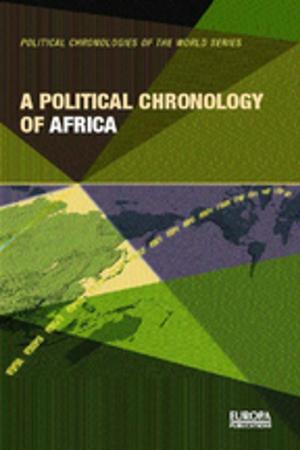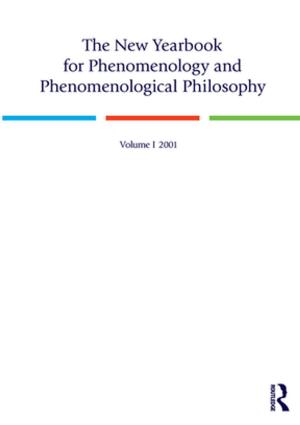Politics with a Human Face
Identity and Experience in Post-Soviet Europe
Nonfiction, Social & Cultural Studies, Social Science, Sociology| Author: | Arvydas Grišinas | ISBN: | 9781315278957 |
| Publisher: | Taylor and Francis | Publication: | March 19, 2018 |
| Imprint: | Routledge | Language: | English |
| Author: | Arvydas Grišinas |
| ISBN: | 9781315278957 |
| Publisher: | Taylor and Francis |
| Publication: | March 19, 2018 |
| Imprint: | Routledge |
| Language: | English |
Politics with a Human Face presents a holistic understanding of identity formation in post-Soviet Europe, arguing that since politics is fundamentally a human affair. In order to adequately understand it, one needs to understand its human side first.
Drawing on the thought of Dilthey, Ricoeur and Plato, the author employs empathy as a method, together with visual and historical analysis, to analyse the role of human experience in post-Soviet politics. As a result, the book offers a theoretical approach for assessing influence of the non-rationalistic factors, such as associative symbolism, human experience, political images and historical narratives, in both domestic and foreign affairs.
A study at the juncture of Social Sciences and Humanities, Politics with a Human Face explores a number of cases, including Estonia, Lithuania, Poland and Russia, as well as the ongoing conflict in Ukraine, examining issues of liminal transition, ‘far-right’ movements, victimhood, ethnic conflict and political paradoxes. Seeking to shed light on the region’s agency and perception of both its own political and existential situation, and that of the surrounding world, this book constitutes a timely and original contribution to understanding the post-Soviet Europe.
Politics with a Human Face presents a holistic understanding of identity formation in post-Soviet Europe, arguing that since politics is fundamentally a human affair. In order to adequately understand it, one needs to understand its human side first.
Drawing on the thought of Dilthey, Ricoeur and Plato, the author employs empathy as a method, together with visual and historical analysis, to analyse the role of human experience in post-Soviet politics. As a result, the book offers a theoretical approach for assessing influence of the non-rationalistic factors, such as associative symbolism, human experience, political images and historical narratives, in both domestic and foreign affairs.
A study at the juncture of Social Sciences and Humanities, Politics with a Human Face explores a number of cases, including Estonia, Lithuania, Poland and Russia, as well as the ongoing conflict in Ukraine, examining issues of liminal transition, ‘far-right’ movements, victimhood, ethnic conflict and political paradoxes. Seeking to shed light on the region’s agency and perception of both its own political and existential situation, and that of the surrounding world, this book constitutes a timely and original contribution to understanding the post-Soviet Europe.















